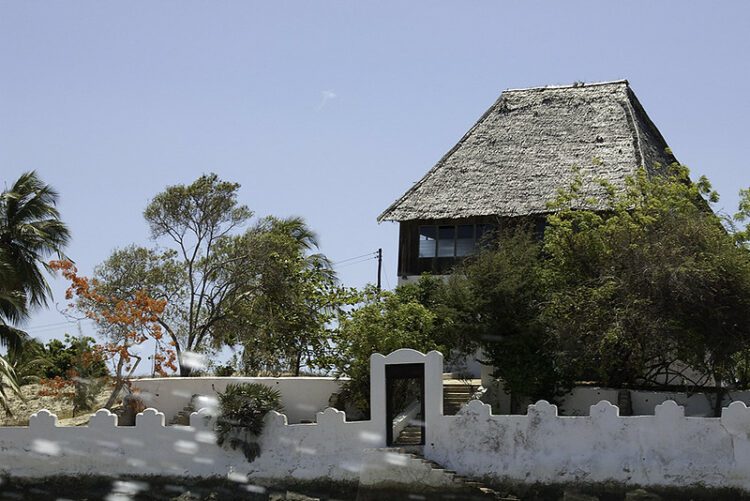A rigid, one-size-fits-all framework for matrimonial property rights won’t uniformly advance women’s well-being and stimulate economic growth. Traditional property ownership norms often take precedence and are upheld within most African communities, even when they clash with national laws. To gain a more comprehensive perspective on how women interact with the legal system, we need to look beyond just examining laws and constitutional provisions.
Women’s lives are intricately woven into the fabric of social, economic, and political systems within. In the context of land rights, the legal framework frequently blends components of customary law, constitutional provisions, statutory regulations, and other elements. These legal elements intermingle in diverse contexts, jointly shaping and impacting women’s social, political, and economic roles.
Therefore, the endeavour to protect women’s rights to land acquired during marriage must not occur in isolation. It requires thoroughly comprehending the complex interplay of interconnected factors at play.
It is crucial to consider women’s active participation in decision-making. There can be a gap between property ownership and effective control. This goes beyond the theoretical acknowledgement of their rights. Effective control means women have the autonomy to manage and make choices about property, allowing them to sell, lease, or utilise assets. This approach recognises that legal rights alone do not guarantee women’s agency; instead, it underscores the need for supportive environments that enable women to exercise their rights in practice, bridging the gap between legal recognition and tangible empowerment.
It is essential to acknowledge that gender-related issues regarding matrimonial property rights vary substantially among distinct groups of women. Urban-based women entrepreneurs confront unique challenges distinct from those encountered by rural women engaged in collective subsistence farming or those forming associations for small-scale irrigated agriculture.
This diversity is particularly noticeable in polygamous marriages, where the absence of specific guidelines for applying legal interventions in these marital contexts can inadvertently place women at a disadvantage. There is, therefore, a crucial need to tailor reforms to suit a broad spectrum of circumstances and ensure equitable outcomes for all women, regardless of their marital situation.
This pursuit is both challenging and vital. Achieving a delicate balance between historical legacies, formal legal structures, and the complex dynamics of women’s roles within marriages presents a multifaceted challenge. While legal reforms are undoubtedly necessary, the path towards women’s economic advancement through property rights requires broader societal change. Acknowledging and raising awareness of the social spheres women inhabit is essential to this journey. Only by addressing these multifaceted aspects can we pave the way for a more equitable future for women in property ownership across Africa.
Photo credit: David Orgel used with permission CC BY-NC 2.0 DEED
Source link : https://blogs.lse.ac.uk/africaatlse/2023/11/06/legal-and-societal-challenges-are-leaving-women-without-property-rights/
Author :
Publish date : 2023-11-06 03:00:00
Copyright for syndicated content belongs to the linked Source.
